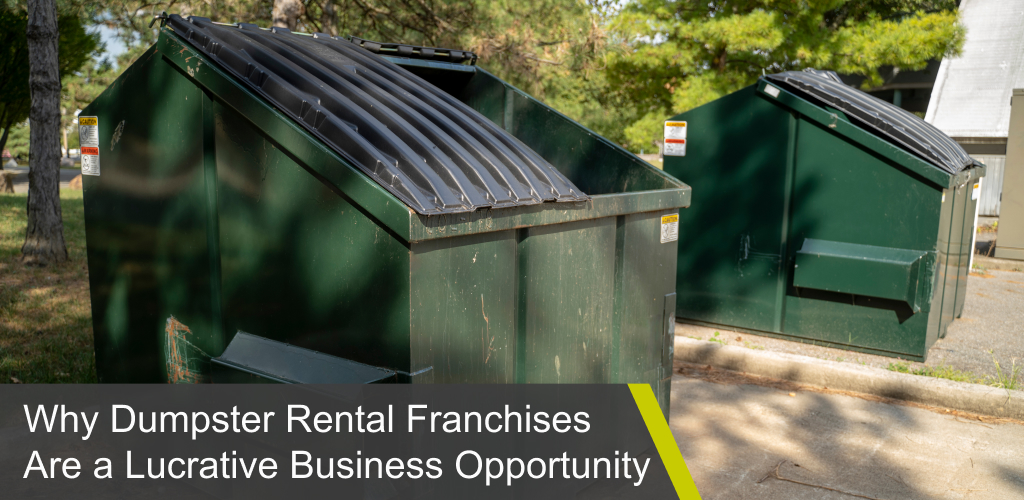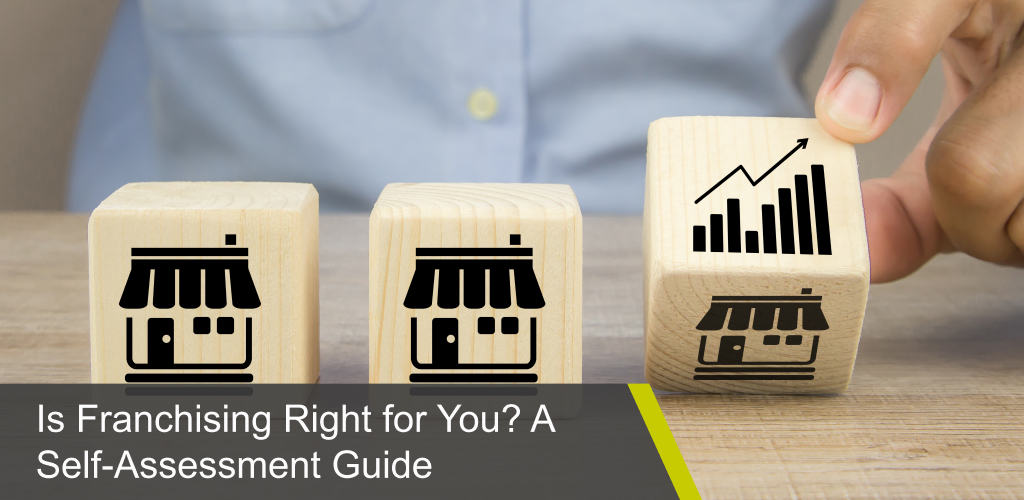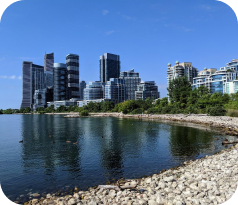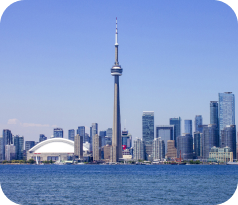Top 5 Reasons You Need to Rethink Your Plastic Use and How to do it Right
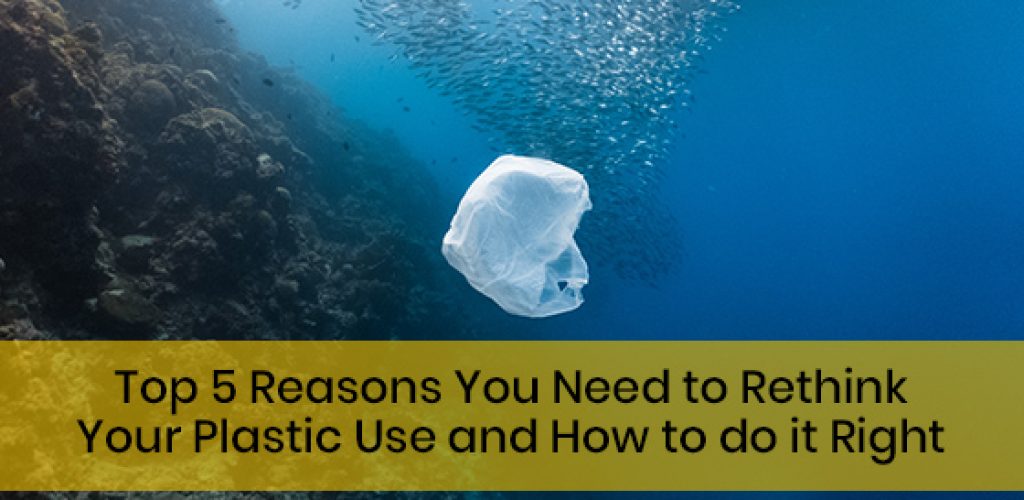
We always hear that plastic is bad for the environment, and yet we haven’t stopped producing waste out of single-use plastic materials. The metal straw revolution and bring-your-own-coffee-tumbler campaign may be underway, but Canadians continue to produce millions in plastic waste — most notably, plastic water bottles.
While some of the plastics we throw out get recycled, a lot of them still end up in landfills, or worse, in oceans and lakes where they take hundreds of years to decompose. Humans don’t even live that long, and yet the plastic bottles we use and throw out by the hour outlive us by more than triple. If that’s not alarming enough, all the plastic waste we produce still exists in the environment aren’t just affecting us, it’s also endangering a lot of animals and plant life.
The good news is, there are a lot of ways that we can still change this, and that includes recycling at home. See why there’s no better time to start recycling and how you can get started today:
Say ‘No’ to Single-Use Plastics
That’s right, and quite the number — we produce about 300 million tons of plastic yearly, and half of this is just from single-use plastic.
In today’s throwaway culture, single-use plastic means objects that we use as they are intended — just once — before they are thrown away, or in less likely scenarios, recycled. Single-use plastics include plastic cutlery, coffee-cup lids, water bottles, styrofoam and plastic containers, cigarette butts, straws, wrappers, and grocery bags, among others. Chances are, we’re all guilty of relying on these plastic objects throughout the day, whether it’s stopping at our favourite Starbucks, picking up groceries, or eating takeout.
Ocean Pollution
Despite a lot of recycling efforts, a lot of plastic waste still end up in the ocean. Around 8 million tons of plastic end up floating in the water. In fact, 90% of waste in the oceans is plastic, and it’s causing more problems by the second.
As plastic floats in the ocean, it breaks down into several small fragments. That means, even a single one-litre plastic bottle could disintegrate so much that its pieces can end up on every beach all over the world — and there are millions of other bottles and plastic waste materials undergoing the same process, too.
Harmful to Marine Life
Plastic waste floating in the oceans doesn’t just equate to garbage lying around. To make things worse, this impacts marine life; a million seabirds and hundreds of thousands of other marine animals like turtles and dolphins are killed by plastic in the oceans. Some of these animals end up ingesting plastic waste, causing them to choke or suffer from blockages in their stomachs, ultimately leading to their death. In the long run, this can cause some species to become endangered or extinct, which presents great problems for biodiversity.
Plastic Takes Thousands of Years to Decompose
Unlike organic waste, plastic is a beast when it comes to degrading. In fact, it takes plastic 450 to 1000 to degrade — meaning, every plastic bottle, coffee cup lid, and plastic bag you use every day and throw out will be around much longer than you, despite being used for only a very short period. As it stands, only less than 10% of plastic waste all over the world has been recycled, 12% has been burned and in effect, polluted the air with toxic gases, and the remaining 78% haven’t been disposed of properly.
Water Pollution
If dying animals can’t convince you to rethink your use of plastic, perhaps the effect on humans will.
We already know that it can take plastic and styrofoam thousands of years to decompose; but did you know that as they slowly degrade, their particles can contaminate soil and water? These materials contain toxic chemicals that can eventually enter our food and water sources, and when ingested, can cause a series of health complications in the brain, lungs, and reproductive organs.
I’m ready to cut down my use of plastic — what can I do?
- Choose reusable items
Whether it’s your morning coffee, takeout, or shopping, you can end your reliance on plastic by opting for reusable alternatives. Bringing your own tumbler, reusable cutlery and food containers, paper or metal straws, and reusable cloth shopping bags are just some of the hottest trends in eco-friendly living right now, not to mention that all these items come in cute and fun designs, too. Going the extra mile to stop using single-use plastics goes a long way in reducing the amount of waste you produce on a daily basis. - Know what you can recycle
One of the biggest things that keeps people from recycling is simply not knowing what they can and cannot recycle, and how to do it properly. But that shouldn’t keep you from falling into the same trap. Each city or region usually has specific guidelines for determining what’s recyclable and what isn’t, so make sure to keep an eye out for those.
In general, it’s a good practice to segregate waste at home, keeping separate bins for biodegradable and non-biodegradable waste, as well as plastic items that can be recycled. There are tons of simple guides you can use, so you can always make sure to bring out the right trash on garbage collection day.
Too much to handle? Get a mixed waste bin!
Keeping waste segregated at home is a great way to practice eco-friendly living, but sometimes, you end up with more garbage than you can handle, especially after a quick home improvement project or a deep clean. Plus, it’s also common to end up with items that you’re unsure if can be recycled.
Luckily, you won’t have to be stuck with these items for long and keep guessing whether they’re recyclable or not. Mixed waste garbage bins make it easy to handle waste disposal and recycling all in one go. You can either rent or purchase these large bins and fill them with segregated waste for handlers to take care of.
So whether you have old furniture, construction materials, scrap metal, general household garbage, or recyclable items, these bins can handle it, and professionals can easily dispose of them properly or take them to recycling establishments. With a mixed waste segregation bin, you can rest easy knowing that you’re doing your share in saving the planet by practicing green living where it matters most — at home.
To learn more about garbage disposal and recycling services, call Gorilla Bins at 877-700-2467 or contact us here
